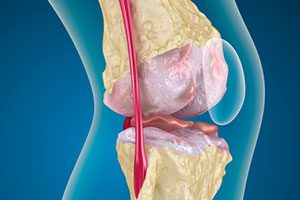 Osteoporosis is a condition that causes bones to be brittle and fracture easily. A bone density test can be ordered by your physician to diagnose osteoporosis. The sooner it is detected, the better are the chances to prevent deterioration of bones.
Osteoporosis is a condition that causes bones to be brittle and fracture easily. A bone density test can be ordered by your physician to diagnose osteoporosis. The sooner it is detected, the better are the chances to prevent deterioration of bones.
There are some warning signs of developing the condition. Early detection and treatment is important to minimize damage of the bone. In fact, osteoporosis is best treated before signs develop. Know what the risk factors are for osteoporosis: females have a higher rate, 65 and older are at risk, early menopause, family history of osteoporosis, smoking, thyroid problems and Cancer.
Other signs include a receding gum line. Since teeth are connected to the jaw, any change in the bone structure of the jaw can impact gums. In some studies, changes in the bones in your jaw were a reflection of lowered bone density. If your dentist notices a receding gun, a referral for a screening for other bone loss is in order.
Aches in muscles or cramps and pain in the bones are also signs. This is often caused be a deficit of vitamin D, which helps to build bones to be strong. Additionally, cramps that are especially noticeable at night, is a sign of deficits in calcium, magnesium, or potassium. Undetected, this can lead to drastic bone loss.
Surprisingly, fingernails that are brittle, can also signal weak bones. There is a connection between healthy bones and healthy fingernails. If you have problems with fingernails, talk to your doctor about a bone density test.
There are many early warning signs that you could be developing osteoporosis. Talk to your doctor about prevention and treatment so you can stay on top of this. An important part of caring for yourself is caring for your bones too. This is a key factor in preventing osteoporosis.
